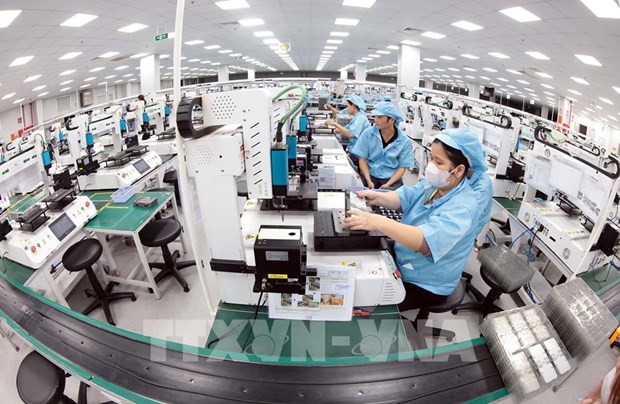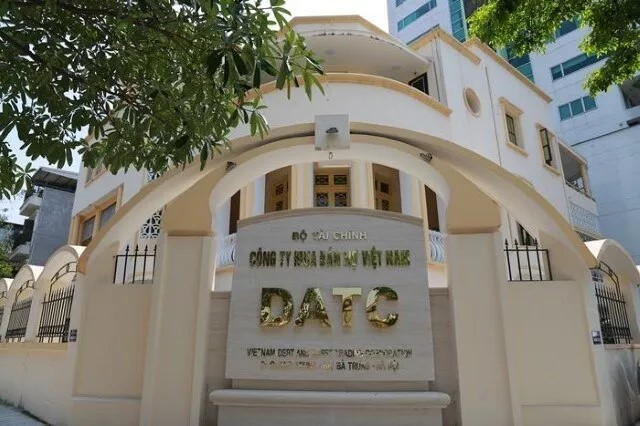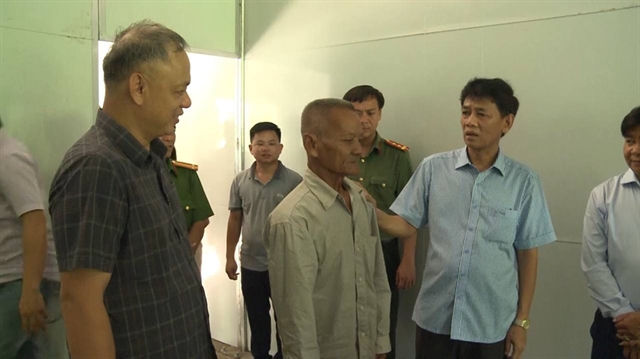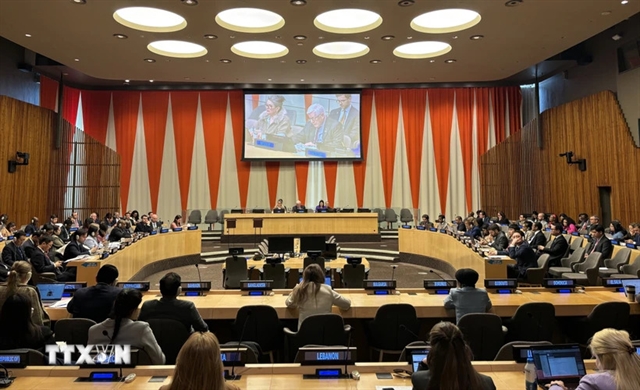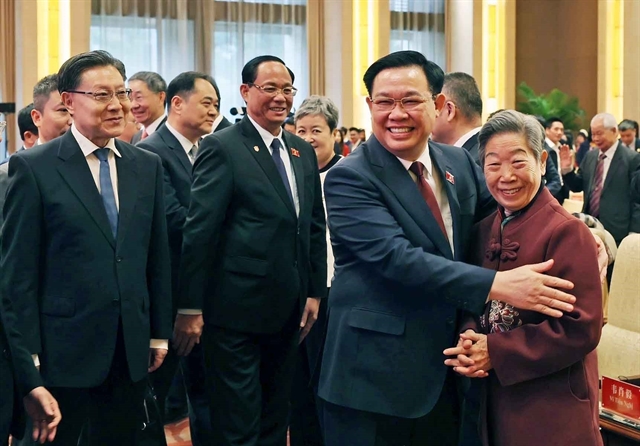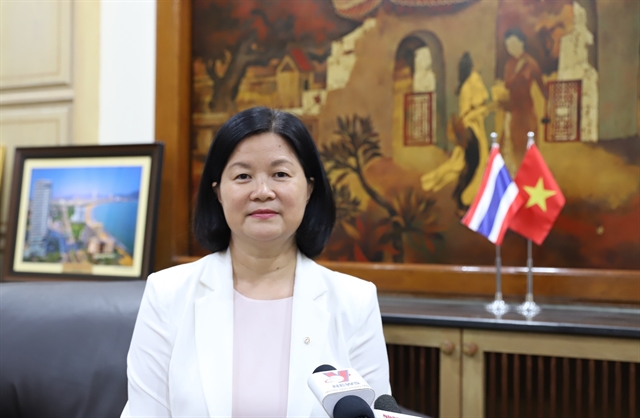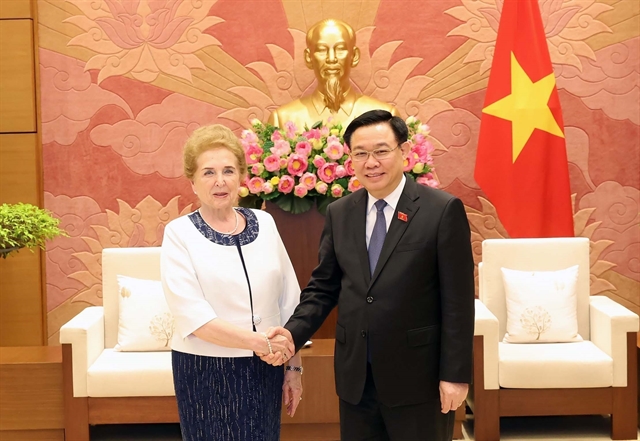 Politics & Laws
Politics & Laws

Lawmakers on Wednesday weighed in on the draft amendment to the corruption law, debating whether to apply a 45 per cent tax on the extra personal income that public servants fail to declare.
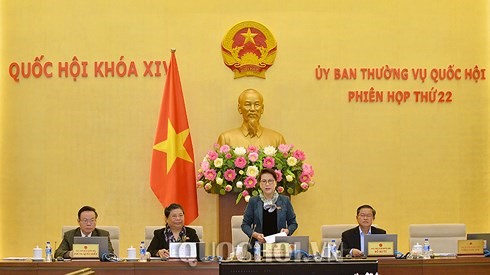 |
| Lawmakers yesterday weighed in on the draft amendment to the corruption law, debating whether to apply a 45 per cent tax on extra personal income that public servants fail to declare.— Photo quochoi.vn |
HÀ NỘI — Lawmakers yesterday weighed in on the draft amendment to the corruption law, debating whether to apply a 45 per cent tax on extra personal income that public servants fail to declare.
The National Assembly (NA)’s Standing Committee spent the morning looking over the draft law, which is due to be voted on late this year.
The tax in question was one of two main solutions proposed by the Government Inspectorate to aid the fight against corruption. The other was to levy an administrative penalty worth of 45 per cent of the unreported assets.
According to current regulations, all senior public officers and officials have to declare their wealth on a yearly basis.
NA Judicial Committee chairwoman Lê Thị Nga, however, said that the Government was unable to track and monitor all sources of income of public servants, partly due to the country’s culture of wealth management.
Money tends to be given or inherited without legal papers, she said, making it almost impossible for receivers to clarify the origin of those assets to authorities. The blurred line between legally and illegally acquired wealth was a huge challenge for inspectors.
“Legally speaking, the principle of the presumption of innocence prevents us from assuming one guilty of corruption if they fail to declare all their assets, and stops us confiscating them,” Nga said.
One solution was to view unreported income as untaxed income and to start collecting tax from it, with a proposed rate was 45 per cent. Many lawmakers, however, did not agree with the rate.
The NA Ombudsman Committee chairwoman Nguyễn Thanh Hải questioned the basis to set such a rate, saying that the tax rate applied should follow the Law on Personal Income Tax. She argued that the rate could be less than 45 per cent or higher, up to 89 or 90 per cent, depending on the amount of income as regulated by the law.
Another NA Standing Committee member Phan Thanh Bình suggested not choosing either taxing undeclared wealth or applying a levy on it, but a combination of both.
“It is a common principle to tax all extra personal income. Based on that principle, any undeclared wealth will have to be taxed,” Bình said.
Public servants who failed to fully declare their incomes also ignored their responsibility to be transparent about their money, he added, and an administrative penalty was therefore a must.
“We should set up a rule combining both tax and administrative penalty procedures to handle the issue,” he said. — VNS

